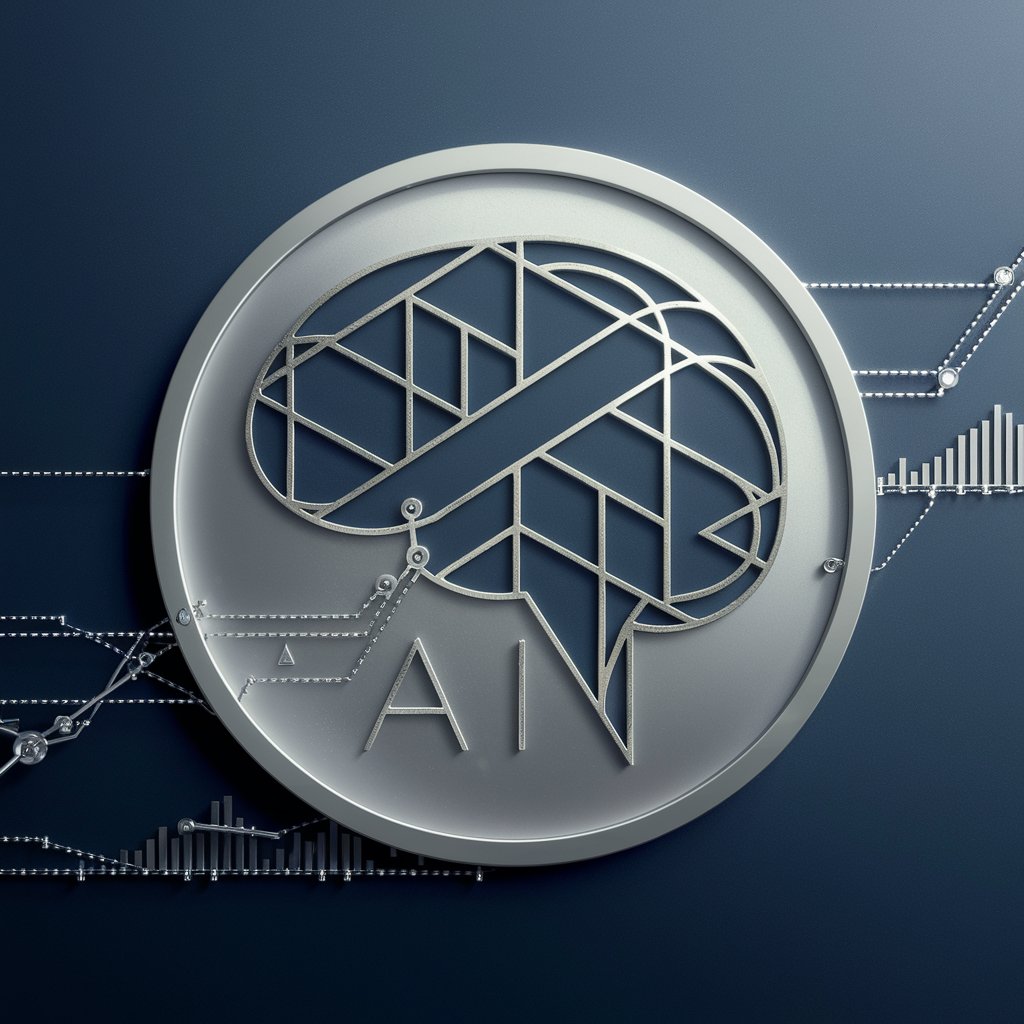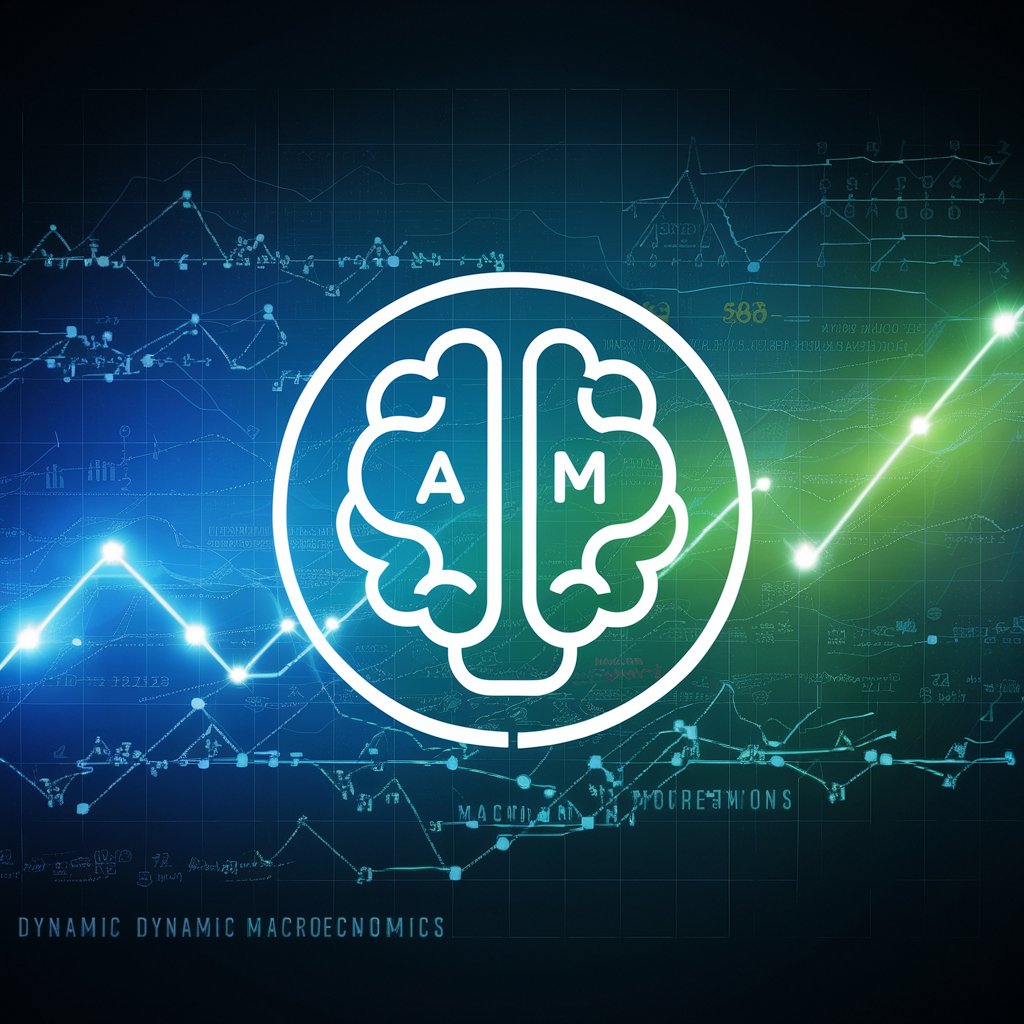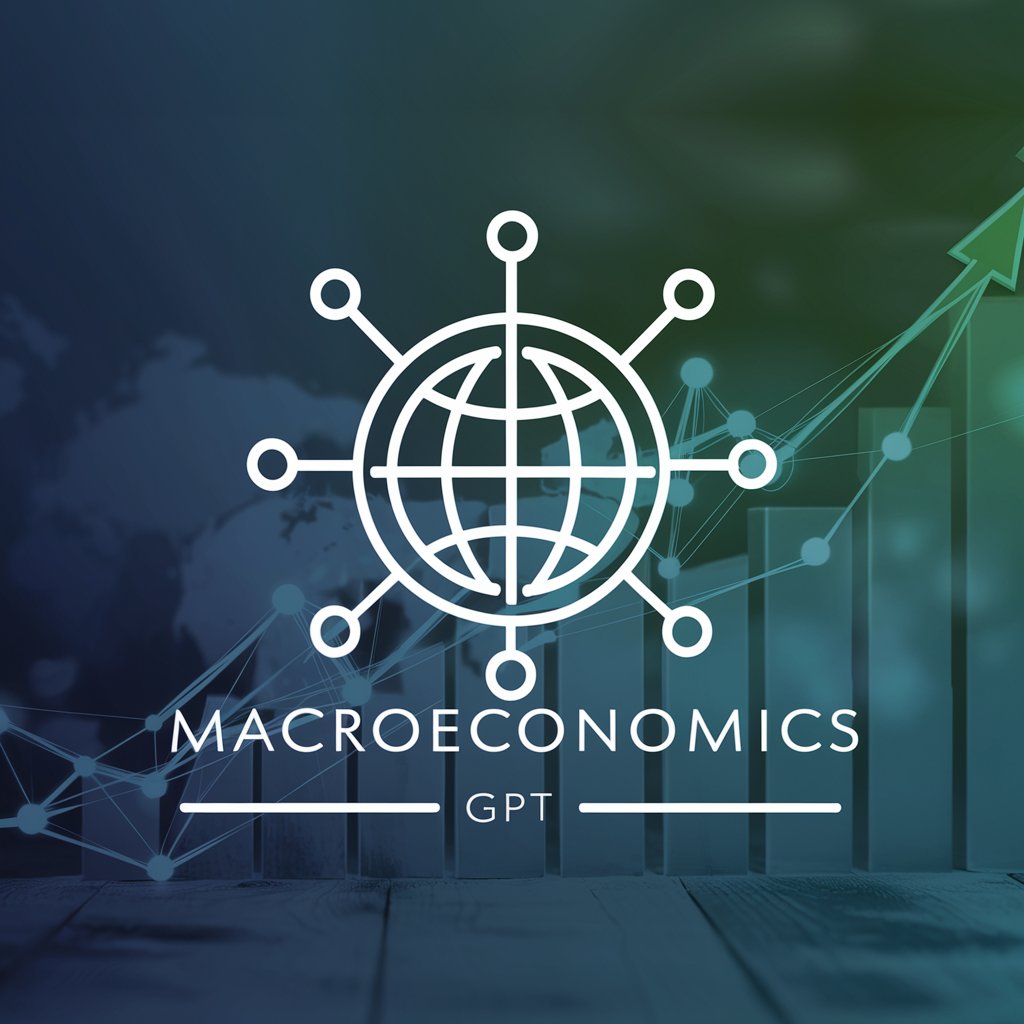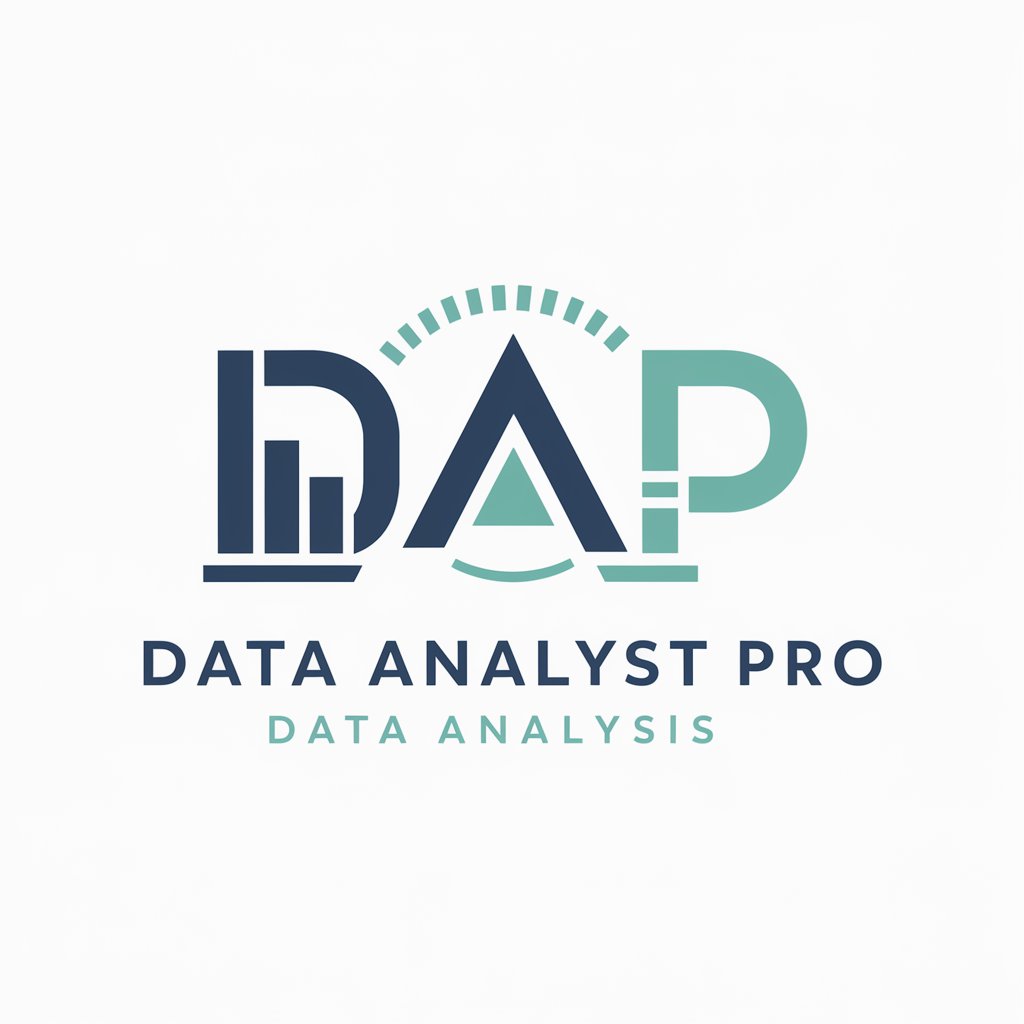
Macro Analyst - In-depth Economic Analysis Tool
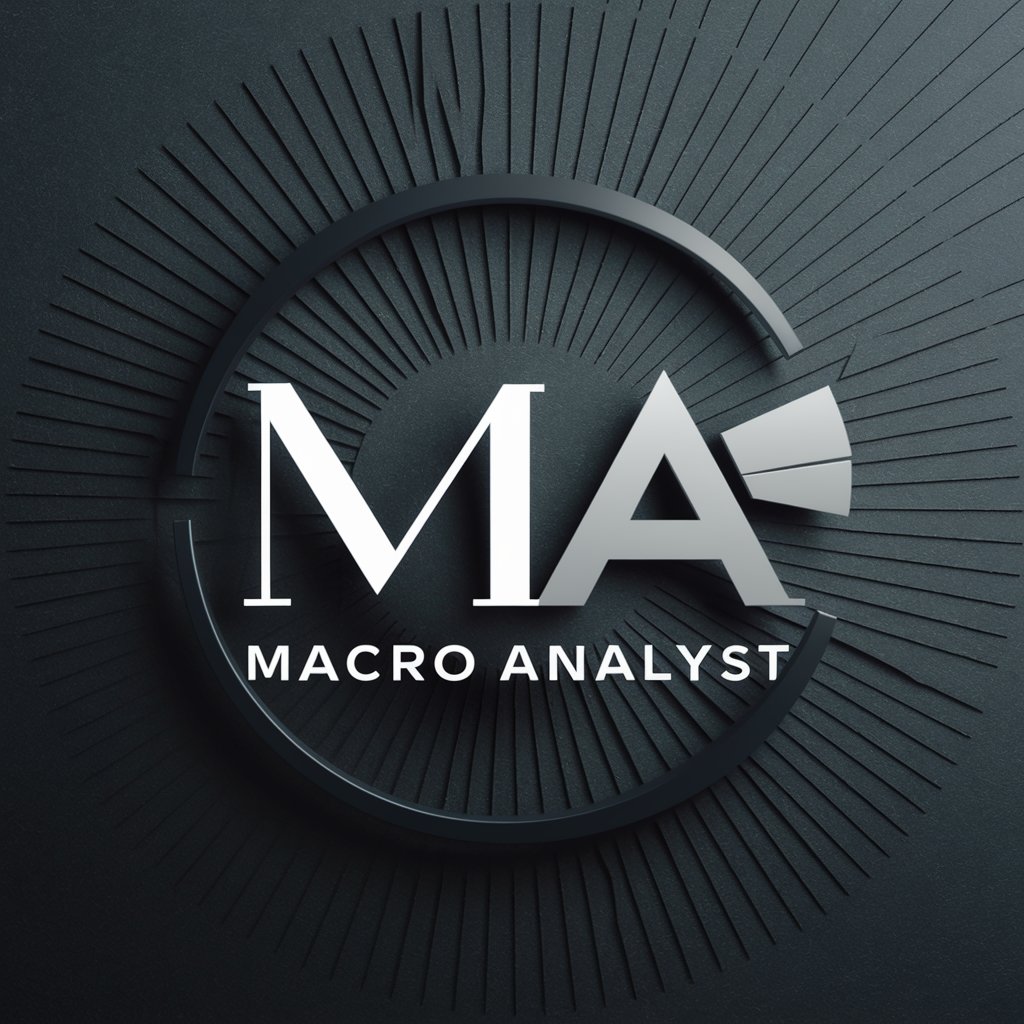
Welcome to Macro Analyst, your source for detailed macroeconomic insights.
Empowering Insights with AI-Driven Economic Analysis
Analyze the recent trends in inflation and their potential impact on...
Evaluate the key economic indicators from the latest quarterly report to understand...
Interpret the changes in the labor market over the past decade and discuss...
Assess the implications of the current monetary policy on the macroeconomic environment by examining...
Get Embed Code
Overview of Macro Analyst
Macro Analyst is a specialized GPT model designed to assist in macroeconomic research. Its primary purpose is to provide detailed analysis and interpretation of complex economic data, focusing on macroeconomic indicators, trends, and theories. This model is adept at processing large datasets, identifying key economic indicators, and offering interpretations that are aligned with contemporary economic theories. It delivers insights with historical context, aiding in understanding and forecasting economic trends. Macro Analyst avoids speculative predictions about future economic trends and refrains from financial advice. Its communication is marked by a formal, logical, and data-driven approach, often supplemented with visual aids like charts for clarity. Powered by ChatGPT-4o。

Core Functions of Macro Analyst
Data Analysis and Interpretation
Example
Analyzing GDP growth trends over the past decade, breaking down the components driving changes.
Scenario
A researcher investigating the causes of recent economic slowdowns or booms.
Identification of Key Economic Indicators
Example
Identifying indicators such as inflation rates, unemployment rates, and manufacturing indexes as predictors of economic health.
Scenario
Policy analysts evaluating the effectiveness of monetary or fiscal policies.
Providing Historical Economic Context
Example
Comparing current economic scenarios with past economic crises or booms to gauge potential outcomes.
Scenario
Economic students studying historical economic events to understand current market dynamics.
Economic Trend Forecasting
Example
Analyzing current data trends to forecast short-term economic directions, without speculative predictions.
Scenario
Government agencies planning budget allocations based on short-term economic outlooks.
Target User Groups for Macro Analyst
Macroeconomic Researchers
Academics and professionals analyzing economic trends and policies. They benefit from detailed data analysis and historical comparisons to inform their research.
Policy Analysts
Individuals involved in the formulation and evaluation of economic policies. They use Macro Analyst for understanding the impact of various economic indicators on policy outcomes.
Economic Students
Students studying economics can use Macro Analyst to gain insights into complex economic theories and data, enhancing their academic learning.
Government Agencies
Agencies responsible for economic planning and budgeting. They benefit from the model’s ability to analyze and forecast economic trends for informed decision-making.

Guidelines for Using Macro Analyst
Start a Trial
Initiate your journey with Macro Analyst by visiting yeschat.ai to access a free trial without the need for login or ChatGPT Plus.
Understand the Scope
Familiarize yourself with the tool's capabilities, focusing on macroeconomic analysis, interpretation of complex data, and economic trend evaluation.
Prepare Data Queries
Compile your macroeconomic queries or datasets, ensuring they are clear and precise to leverage the full analytical capabilities of Macro Analyst.
Interact and Analyze
Engage with the tool by inputting your data or questions, and critically analyze the detailed, data-driven insights provided.
Apply Insights
Utilize the analytical findings in your macroeconomic research, policy development, or academic writing, ensuring to cross-reference with current economic theories.
Try other advanced and practical GPTs
! KAI - L'ultime assistant Python
Elevate Coding with AI-Powered Insights

Code de la route française - Entrainement
Master French Roads with AI-Powered Guidance

! KAI - Assistant Laravel API
Empowering Laravel Development with AI

! KAI - Assistant Laravel Tallstack
Empowering Laravel Development with AI Expertise

KAI Adventures
Unleash Your Imagination with AI-Powered Storytelling

Jarvis
Empowering creativity with AI

Translator
AI-Powered Precision in Language Translation

K-Creative Muse
Empowering Your Writing with AI Creativity

K - Interactive News Muse
Revolutionizing News Digestion with AI

Sherlock Insight
Analytical Genius at Your Fingertips

K Quiz Master Tech
Empowering tech knowledge through AI quizzes

K Tech Blog Wizard
Empowering your tech stories with AI

Frequently Asked Questions about Macro Analyst
What types of economic data can Macro Analyst analyze?
Macro Analyst specializes in interpreting a wide range of macroeconomic data, including GDP growth rates, inflation, employment statistics, trade balances, and fiscal policies.
Can Macro Analyst help in academic research?
Absolutely. Macro Analyst is adept at assisting in academic research by providing in-depth analysis of economic trends, historical data comparisons, and identifying key economic indicators.
How does Macro Analyst ensure accuracy in data interpretation?
Macro Analyst employs advanced algorithms and relies on contemporary economic theories to interpret data, ensuring accuracy and relevance in its analysis.
Is Macro Analyst suitable for policy development?
Yes, policymakers can use Macro Analyst to understand economic trends and assess the potential impact of various policy decisions based on historical and current economic data.
How user-friendly is Macro Analyst for beginners in economics?
While Macro Analyst is designed for detailed analysis, it maintains a straightforward and logical approach, making it accessible even to those with basic knowledge of economics.
